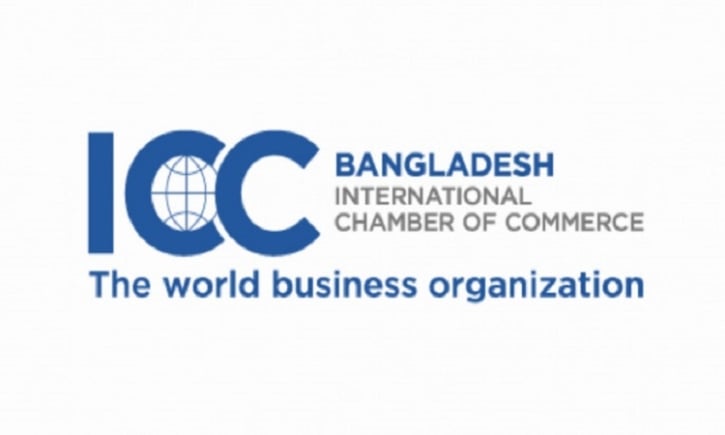News Flash
News Flash

DHAKA, Jan 01, 2025 (BSS) - International Chamber of Commerce-Bangladesh (ICCB) laid emphasis on adopting a circular economy model to address climate change.
“Bangladesh is highly vulnerable to climate change and it is considered one of the worst affected countries in the world. So, adopting a circular economy model is both a necessity and an opportunity,” said ICCB in its editorial of the current News Bulletin (Oct.-Dec. 2024) released today.
In the bulletin, ICCB observed that as a rapidly developing nation, Bangladesh faces significant environmental challenges, including waste management issues, pollution, and resource depletion.
The transition to a circular economy could provide solutions to these problems while unlocking new avenues for economic growth, it added.
According to the bulletin, Asia was the world's most disaster-hit region from climate and weather hazards in 2023 with floods and storms the chief cause of casualties and economic losses. The latest World Meteorological Organization report said the impact of heat waves in Asia was becoming more severe, with melting glaciers threatening the region’s future water security.
To fight against climate hazards, the just concluded COP29 in Baku has adopted to raise at least $300 billion core goal per year by 2035, with developed countries taking the lead, in the context of the broader mobilisation of $1.3 trillion per year from all actors to support climate action in developing countries.
In order to fight against plastic pollution, the 5th Session of the Intergovernmental Negotiating Committee (INC-5), concluded in Busan, Republic of Korea on December 1, 2024 could not decide on development of an “international legally binding instrument (ILBI) on plastic pollution, including in the marine environment”.
Delegates from 179 member states concluded that time had run out to resolve all outstanding issues and that a resumed session of the Committee was necessary to afford additional time for further negotiations to develop a legally binding instrument to address plastic pollution.
In an era where environmental degradation and resource scarcity dominate global conversations, the circular economy emerges as a beacon of hope. Unlike the traditional linear economy—defined by a "take-make-dispose" model—the circular economy emphasizes sustainability, efficiency, and resourcefulness. By redefining how we produce, consume, and dispose of goods, the circular economy offers a transformative solution that turns waste into wealth, fostering economic growth while protecting the environment.
The circular economy is based on three key principles: designing out waste and pollution, keeping products and materials in use, and regenerating natural systems. These principles focus on extending the lifecycle of products, promoting the reuse and recycling of materials, and minimizing waste. The approach not only conserves resources but also reduces greenhouse gas emissions, addresses pollution, and creates new economic opportunities.
However, some developed countries have taken the initiative to showcase the circular economy's potential. The Netherlands aims to halve raw material use by 2030 through recycling and repairable goods. Sweden converts 99% of household waste into energy. Patagonia, an outdoor clothing brand, fosters sustainability by encouraging clothing repair and recycling, reducing waste and exemplifying circular practices.
As one of the world's largest textile exporters, Bangladesh has the potential to lead in sustainable fashion. By adopting circular practices, such as recycling fabric waste and promoting second-hand clothing markets, the industry can reduce its environmental footprint while enhancing profitability. In agricultural waste, including rice husks and jute byproducts, can be converted into bioenergy and organic fertilizers, supporting sustainable farming practices. Circular models can complement renewable energy goals by integrating waste-to-energy solutions, reducing dependency on fossil fuels.
Bangladesh generates approximately 3,000 tons of plastic waste daily, of which only 30% is recycled. Additionally, improper disposal of electronic waste and agricultural byproducts further exacerbates environmental degradation. By investing in recycling infrastructure and waste-to-energy projects, Bangladesh can mitigate these issues while generating economic value.
It may be mentioned here that Bangladesh’s position in having the largest and highest number of green factories in RMG sector is commendable, with numerous factories recognized for sustainable practices. These achievements highlight the country’s commitment to eco-friendly manufacturing, setting an example for the global textile and apparel industry.